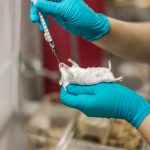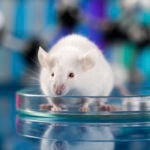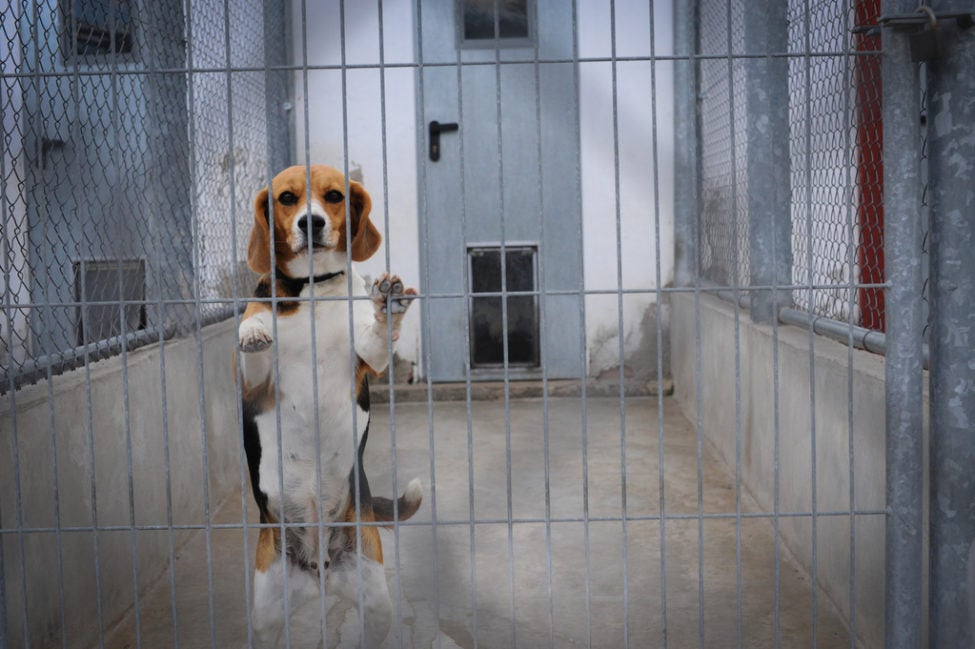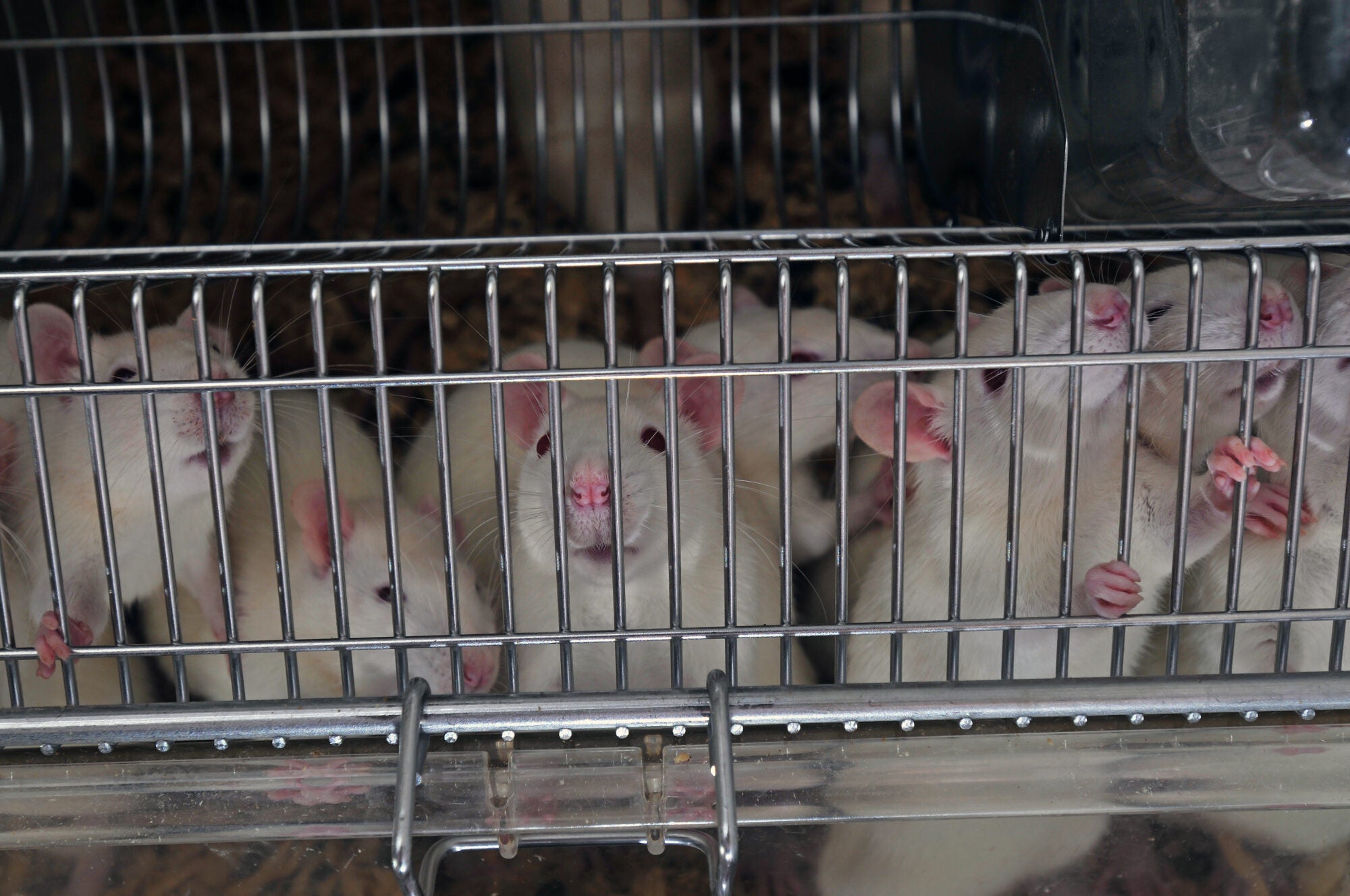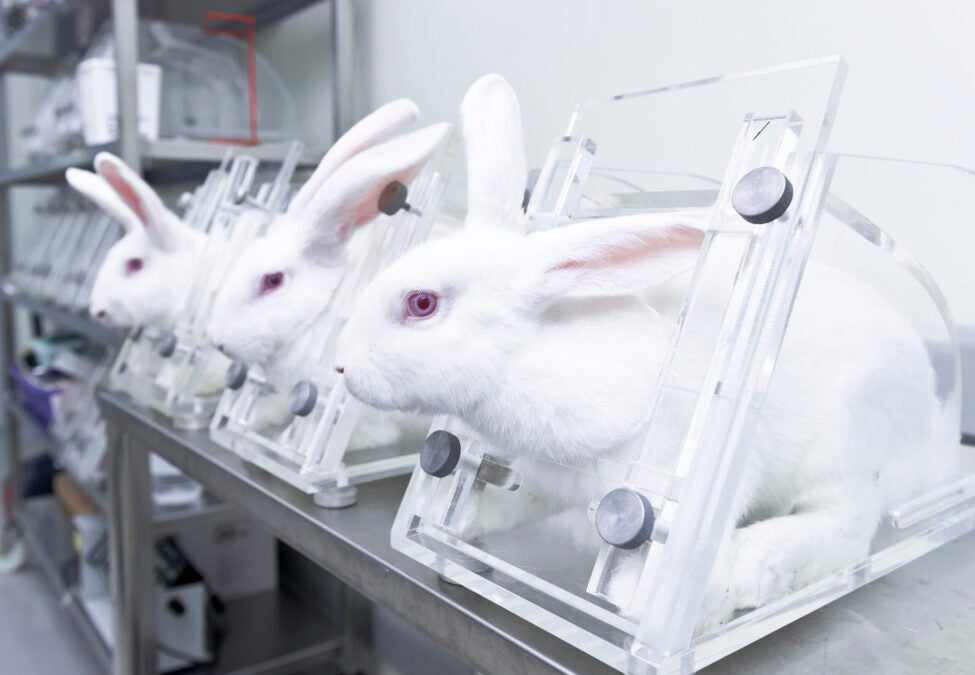
SEOUL—Global animal welfare organization Humane Society International has presented a petition with 83,232 signatures against dog cloning to the Korean Ministry of Agriculture, Food and Rural Affairs, urging the Ministry to permanently cease funding research to clone working dogs. HSI’s petition came in response to disturbing footage obtained by the Beagle Rescue Network in 2019, showing cloned dogs created through MAFRA-funded research being used for training in cruel conditions. After their rescue, one dog died as a result of multiple factors including obvious malnutrition and another dog is being treated with strong painkillers due to severe stress caused by the training
HSI’s Senior Policy Manager for Korea Borami Seo said, “As a proud Korean, I am deeply disturbed to learn that our government ministries have been using public tax money to fund frivolous animal cloning tests to breed sniffer dogs for airport security, and that they were doing so without regard for ethical or welfare concerns that are inherent in a highly experimental procedure like cloning. No other government among the OECD countries has funded cloning of sniffer dogs, nor should such experiments ever have been approved or funded in Korea. HSI, along with 83,232 supporters, urges MAFRA to pull the plug on this frivolous dog cloning research once and for all.”
MAFRA’s five-year Master Plan for Science and Technology published last December identified animal cloning technology as a strategic priority. Examples of publicly-funded projects in the past three years include customization and production of cloned dogs for Alzheimer’s and other human disease research, production of cloned pigs and the development of mass production technology for cloning black cattle for agricultural purposes.
Cloning is an invasive and distressing procedure that inflicts pain and suffering on many animals, not just the ‘end’ product clones. The process to create a single cloned animal is inefficient, potentially requiring hundreds of fertilized eggs, which are then implanted into surrogate mothers. Once they have played their part, the fate of the surrogates and the donor animals is often unknown.
Since the Beagle Rescue Network exposé, the MAFRA-funded sniffer dog cloning project has been suspended. MAFRA is currently revising Animal Protection Act regulations related to working dogs for testing, and HSI and others have called on the agency to prohibit any further cloning testing using working dogs.
*Further reading (Korean only): HSI’s statement on dog cloning for detection dogs
END
Media contact: Borami Seo, bseo@hsi.org

